Optimal Water Treatment Scheduling
Water treatments are essential for maintaining water quality and system efficiency. The timing of these treatments can influence their effectiveness and longevity. Proper scheduling ensures contaminants are managed before issues escalate, supporting health and system performance.
Perform water treatments during periods of low usage to maximize effectiveness and minimize disruptions.
Treat water before seasonal changes, such as summer or winter, to prevent buildup of contaminants.
Establish regular treatment intervals based on water quality data and system usage patterns.
Schedule treatments when environmental conditions support optimal chemical reactions and system stability.
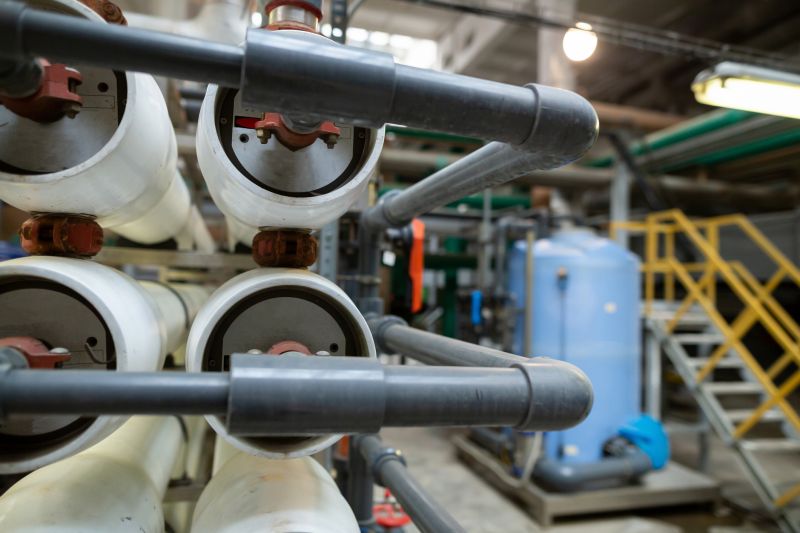
Image depicting water treatment systems in operation.
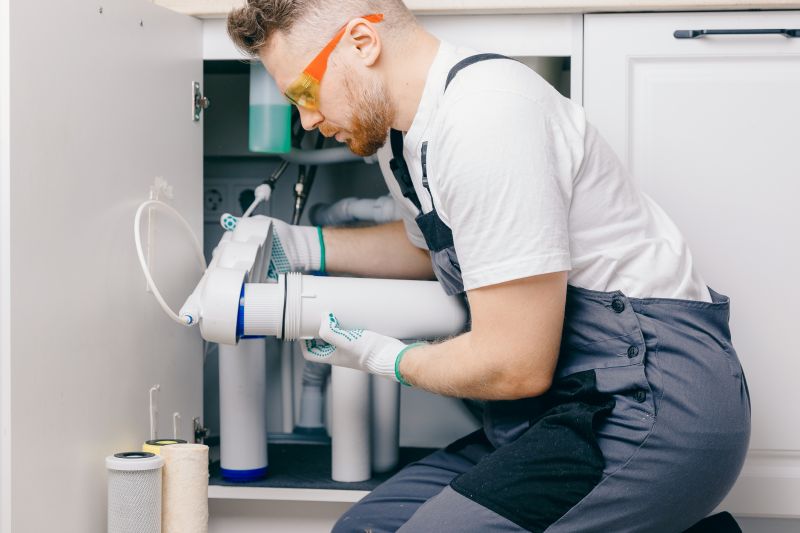
Visual of chemicals being added during treatment procedures.
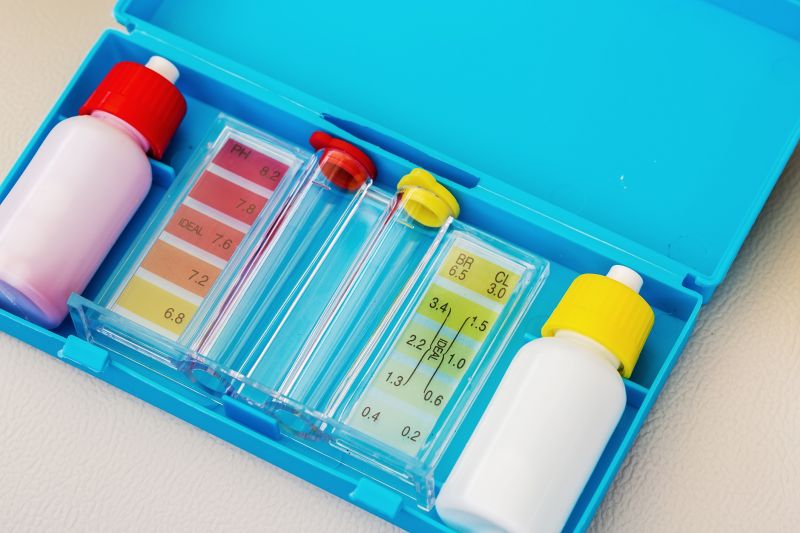
Sample collection for water quality analysis.
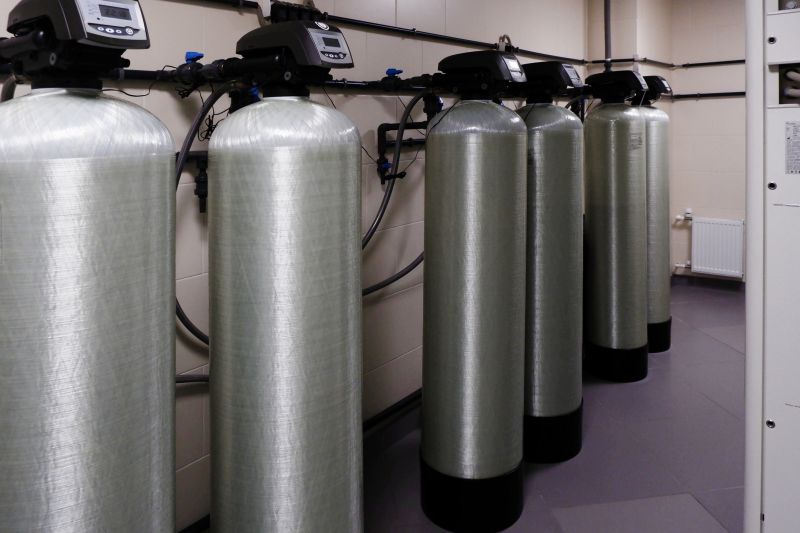
Ways to make Water Treatments work in tight or awkward layouts.
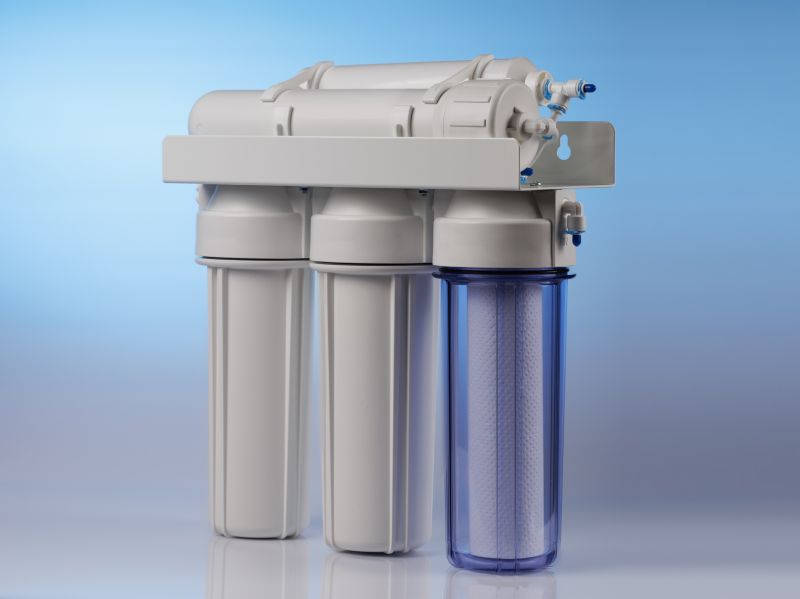
Popular materials for Water Treatments and why they hold up over time.
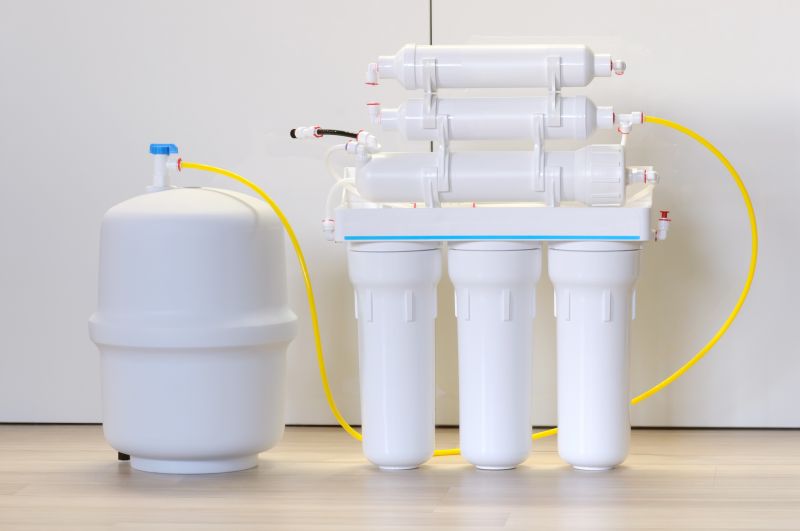
Simple add-ons that improve Water Treatments without blowing the budget.
| Best Time for Water Treatments | Key Considerations |
|---|---|
| Early Spring | Prepare for increased usage and potential runoff. |
| Pre-Summer | Prevent algae and bacterial growth during warm months. |
| Post-Season | Clear out accumulated contaminants after high-use periods. |
| During Low Usage Periods | Minimize system downtime and maximize treatment efficiency. |
| Before System Inspection | Ensure water quality is optimal for evaluations. |
Water treatments involve the application of chemicals, filtration, and other processes designed to improve water quality. They help remove harmful contaminants, control microbial growth, and prevent scaling and corrosion within plumbing systems. Regular treatment can extend the lifespan of water systems and ensure compliance with health standards. Statistics indicate that untreated water can harbor bacteria, lead to pipe corrosion, and cause system inefficiencies, emphasizing the importance of strategic timing for treatments.
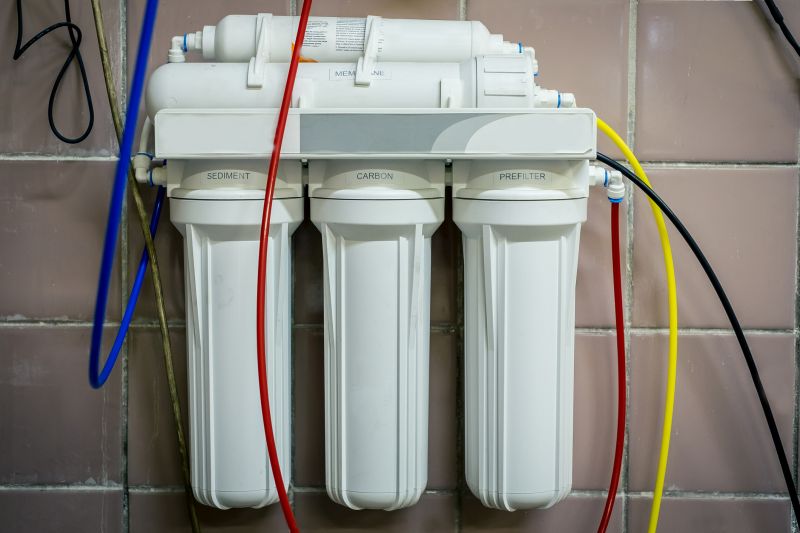
Image of a modern water filtration unit.
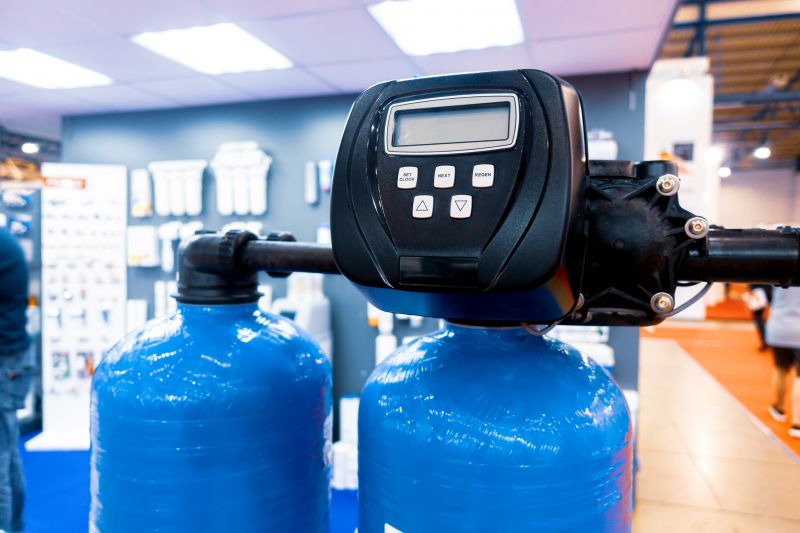
Visual of chemical dosing in progress.
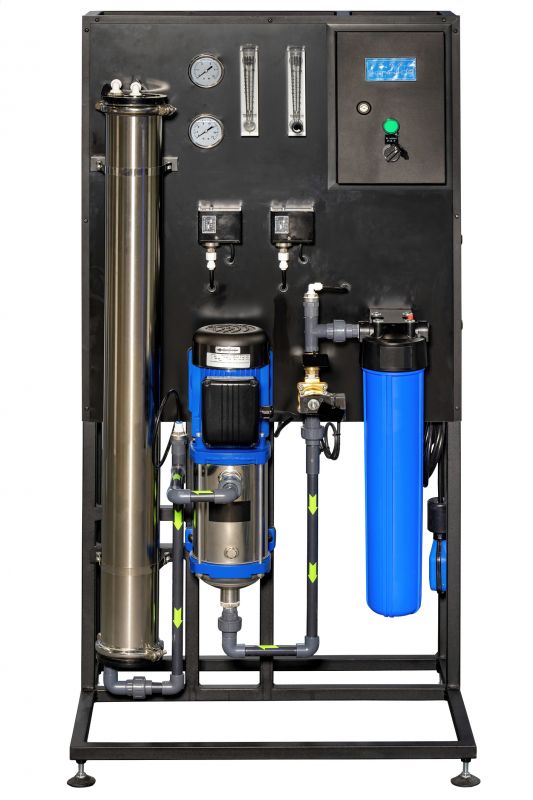
Samples being analyzed in a lab setting.
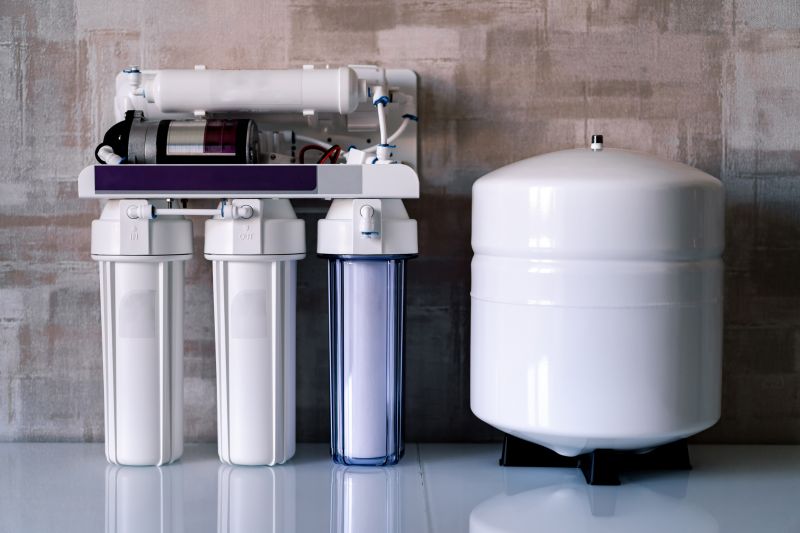
Overview of a large-scale water treatment plant.

High-end options that actually feel worth it for Water Treatments.
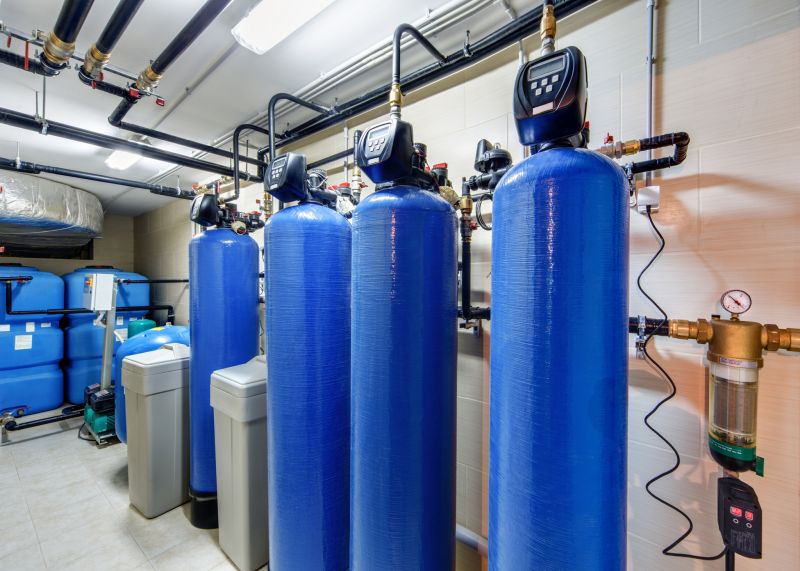
Finishes and colors that play nicely with Water Treatments.
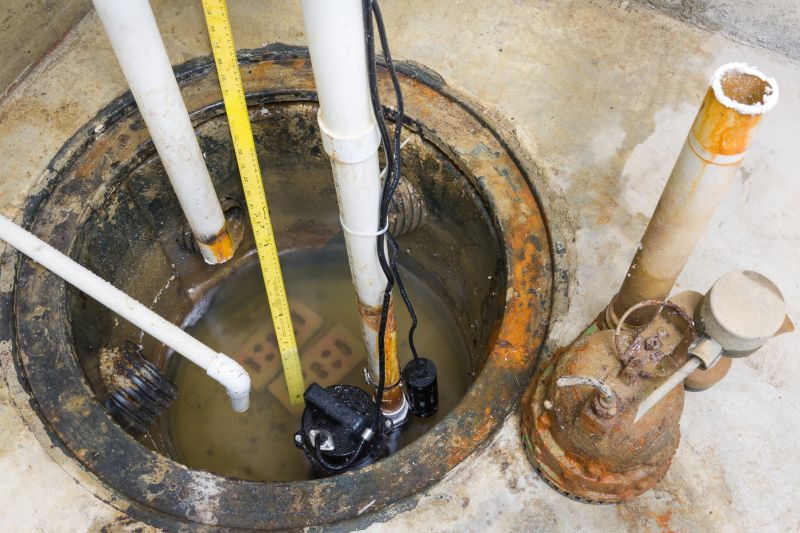
Little measurements that prevent headaches on Water Treatments day.
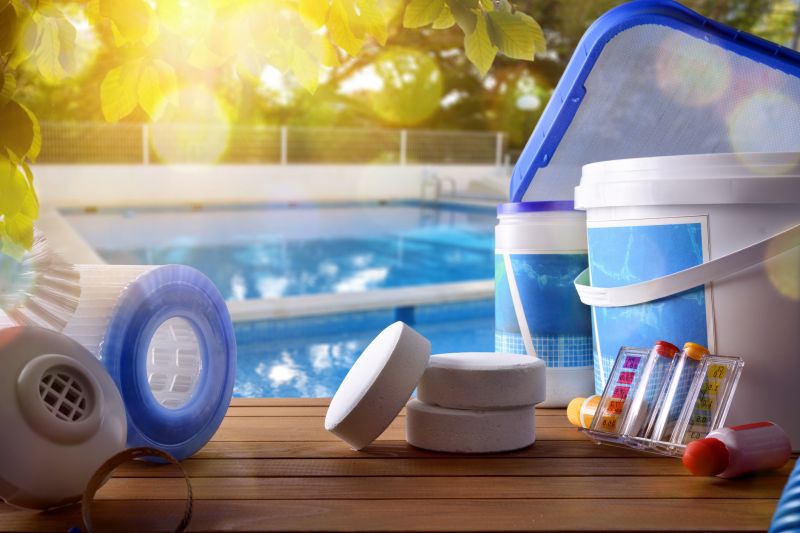
A 60-second routine that keeps Water Treatments looking new.
Scheduling water treatments at appropriate times enhances system reliability and water safety. Proper timing reduces the risk of contamination, minimizes chemical usage, and ensures regulatory compliance. Monitoring water quality regularly supports informed decision-making regarding treatment timing and methods.
Interested in scheduling a water treatment or learning more about optimal timing? Filling out the contact form can provide tailored recommendations and support for maintaining water quality effectively in Gainesville, FL.

